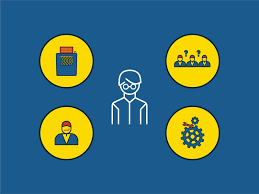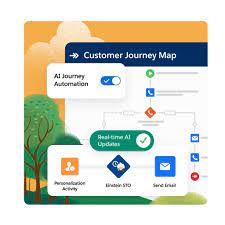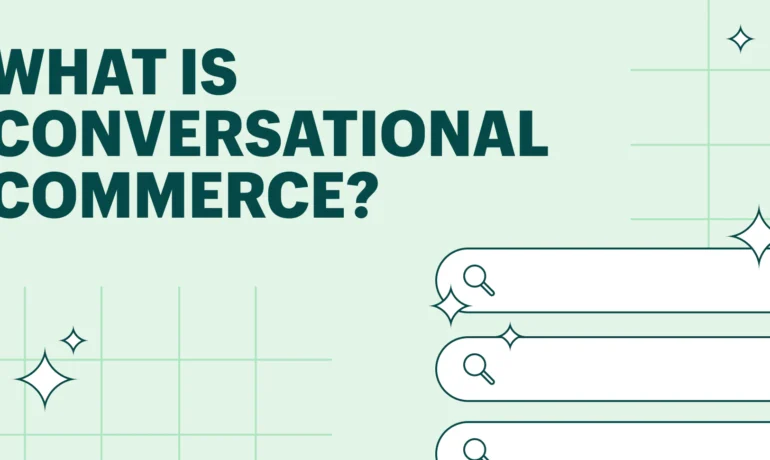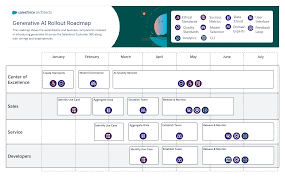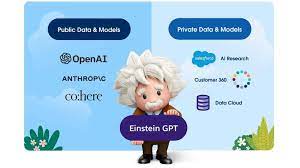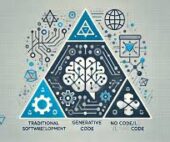Service and Generative AI
Customer service organizations are currently grappling with formidable challenges, as service agents contend with unprecedented case volumes and customers increasingly express frustration over extended wait times. Agents often find themselves managing multiple customer issues simultaneously, awaiting data from legacy systems to load, leading to inefficiencies. Service and Generative AI together are a solution to better serve your customers. The closure of a case does not mark the end of the challenge, as case notes may go missing, and subsequent agents may unknowingly address similar issues from scratch. With nearly half of customers citing poor service experiences as a primary reason for switching brands, companies are under immense pressure to find more effective solutions. Recent excitement surrounds ChatGPT, an artificial intelligence (AI) model by OpenAI. Models like GPT, Anthropic, and Bard, constructed on large language models, hold the potential to revolutionize customer service. Combined with Salesforce’s established AI expertise, generative AI models are poised to transform customer service operations, enhancing efficiency, fostering empathetic responses, and expediting case resolutions. Here’s a glimpse into how generative AI could reshape service operations: Automated Personalized Responses: Integrating generative AI with Einstein for Service and Customer 360 allows companies to automatically generate personalized responses, enabling agents to promptly communicate with customers. AI training across all case notes facilitates the creation of knowledge articles, significantly reducing the time to produce knowledge and enabling easier updates. Field Service Enhancements: Generative AI will benefit frontline service teams with automated reports, assist new employees and contractors in onboarding and ongoing learning, and empower customers to troubleshoot common issues with knowledge base articles. Super-powered Chatbots: Layering generative AI on Einstein capabilities automates the creation of intelligent, personalized chatbot responses, enhancing the understanding and anticipation of customer issues. This approach improves first-time resolution rates and allows organizations to drive continuous improvement through sentiment analysis and pattern identification. Conversational bots that are powered by generative AI can power customer self-service and improve customer satisfaction — by ensuring case-specific tonality and context in real time. Auto-generate Knowledge Articles: Generative AI will draft knowledge articles based not only on case notes but also on Slack conversations, messaging history, and data across Customer 360, accelerating agent case resolution and increasing support cases in self-service experiences. Fast-track Case Swarming: Generative AI identifies past cases similar to ongoing complex issues, recommends experts within the organization to address the problem, and suggests resolutions and customer communications. This streamlines case swarming processes, making them more efficient and, in some cases, automating aspects of the process. Customer Service and Generative AI While generative AI presents tremendous opportunities, human oversight is essential due to the potential for biased or harmful outputs. Salesforce has published guidelines for trusted generative AI development, emphasizing ethical considerations. As we enter this new era of AI, guided by Salesforce’s commitment to ethical product development, organizations can leverage generative AI to boost productivity, accelerate case resolution, and enhance customer relationships with greater personalization and relevance. Like1 Related Posts Health Cloud Brings Healthcare Transformation Following swiftly after last week’s successful launch of Financial Services Cloud, Salesforce has announced the second installment in its series Read more Salesforce Artificial Intelligence Is artificial intelligence integrated into Salesforce? Salesforce Einstein stands as an intelligent layer embedded within the Lightning Platform, bringing robust Read more CRM Cloud Salesforce What is a CRM Cloud Salesforce? Salesforce Service Cloud is a customer relationship management (CRM) platform for Salesforce clients to Read more Salesforce’s Quest for AI for the Masses The software engine, Optimus Prime (not to be confused with the Autobot leader), originated in a basement beneath a West Read more


